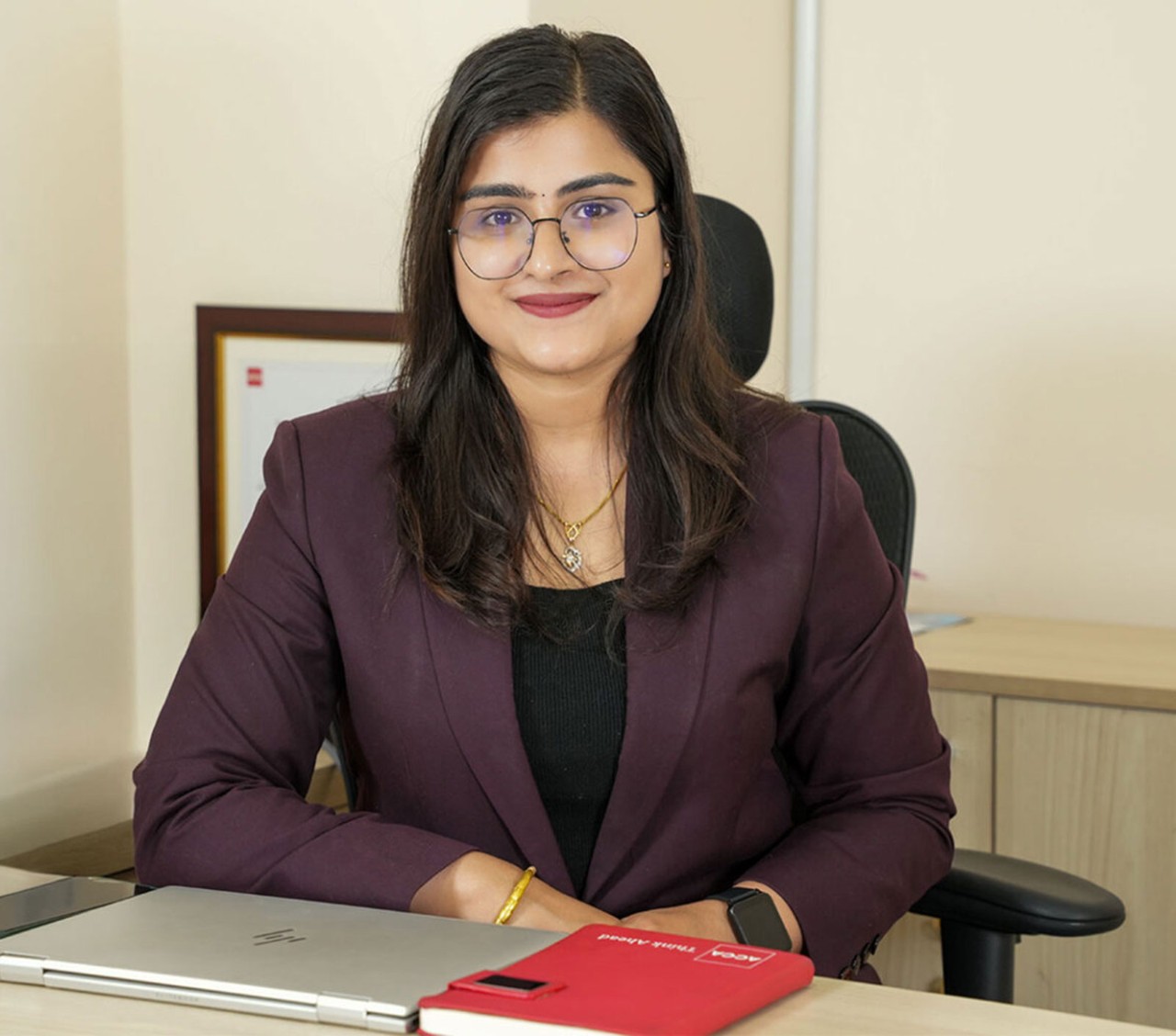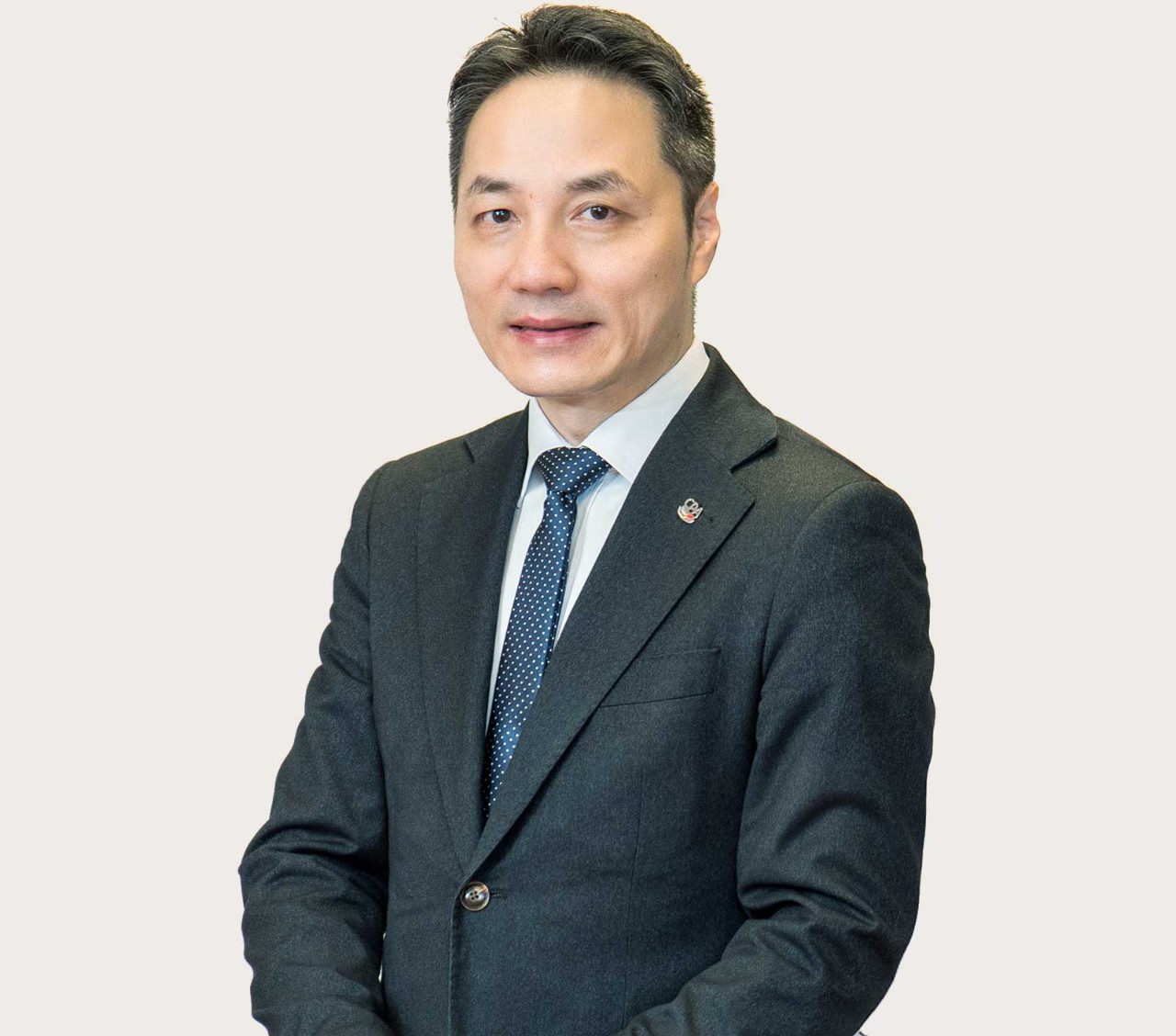
Indonesia, South-East Asia’s largest economy, is confronting a shortage of qualified accountants, required to guarantee the integrity of financial reporting and corporate governance in a country of more than 280 million people.
According to Ardan Adiperdana, chair of the Institute of Indonesia Chartered Accountants (IAI), the accounting profession must evolve to remain relevant within a shifting global economic and technological landscape. ‘Our goal is to ensure this profession grows stronger and more sustainable,’ he says. ‘A strong accounting profession is a strategic asset for the country.’
Multifaceted challenges
The challenges are multifaceted. On the one hand, there is a growing shortage of professional accountants. On the other, the rise of automation and artificial intelligence (AI) is reshaping the skills needed to thrive in an ever-changing business landscape, leaving many educational institutions struggling to keep pace.
‘Our ambition is to ensure this profession remains future-fit’
To combat this, the IAI has launched initiatives to demonstrate that the profession is modern and forward-looking. These include nationwide outreach campaigns to schools and universities; a festival linking aspiring accountants with industry; certification scholarships; and moves to strengthen recognition of professional accountants in national regulations.
The IAI is seeking to integrate International Federation of Accountants education standards into university curricula, while mandatory continuing education will be reinforced with a focus on ethics and sustainability. ‘We are working to position accounting as a modern, dynamic and strategic career choice,’ Ardan says. ‘Our ambition is to ensure this profession remains future-fit.’
Improved oversight
Meanwhile, the finance ministry plans to bolster oversight through tighter standards, ethics enforcement and greater alignment with international benchmarks, as well as drafting a regulation requiring stricter financial reporting obligations for businesses.
‘We need a clear roadmap to develop the profession in a systematic way’
‘IAI has been a vital counterpart in shaping this regulation,’ says Erawati, head of the finance ministry’s Centre for Financial Profession Development. ‘We hope that these new rules will elevate the role of accountants and unlock greater professional opportunities.
‘What we need now is a clear roadmap to develop the profession in a systematic way – with improved competencies as a top priority.’
At Bali Accounting, such work begins in-house. ‘We grow the profession by cultivating a culture of continuous learning and mentorship,’ says Nabilah Hayah, the firm’s general manager. ‘Most of our new hires come through referrals by existing colleagues, which helps us build a cohesive, high-integrity team.’
For Nabilah, direct engagement is vital. ‘Internships and practical experiences are crucial,’ she says. ‘The government can also help by offering incentives to businesses that invest in training young accountants.’
Mid-career support
Upskilling remains equally important for mid-career professionals. With technology reshaping audit, tax and financial reporting processes, accountants are being urged to acquire digital competencies and adapt to fast-evolving regulatory landscapes.
Bali Accounting, for example, provides regular training and growth opportunities to ensure its staff stay ahead. ‘We want our people to grow with the firm and with the profession,’ Nabilah says.
Rosita Uli Sinaga, head of accounting advisory at RSM Indonesia and an IAI national council member, says that the country’s ‘ecosystem for ensuring that key financial roles are filled by certified professionals has not been fully formed’.
Around 21,000 people hold the IAI’s Chartered Indonesian Accountant designation. When including students, this rises to around 35,000. However, the figure falls short of meeting the demands of Indonesia’s economy, where SMEs make up 90% of businesses.
Julia Simatupang, ACCA Indonesia country manager, says that helping to accelerate the pipeline of qualified professional accountants is crucial to meet a growing demand. That starts with raising awareness of the contribution that young professionals can potentially make in supporting organisations to achieve their growth ambitions and to embark on their sustainability journey. Simatupang also highlights the vital role that accountants working in the public sector play in nation-building efforts.
Tactical shift
Meanwhile, the rapid digitalisation of the business world is placing new demands on accountants, requiring skills in areas like cybersecurity, AI and data protection.
‘The current demand requires accountants with strong professional judgment’
Golrida Karyawati Purba, a professor of accounting at Pelita Harapan University, says that the traditional pyramid model of accounting – with a large base of routine tasks and a smaller top of strategic functions – has shifted to a diamond shape, with a growing demand for tactical skills.
‘What’s needed now is a tactical function. This is where the current gap lies, necessitating curriculum changes and a shift in university paradigms,’ says Purba. ‘Most university programmes focus on routine activities but the current demand, with regulations moving towards a principles-based approach, requires accountants with strong professional judgment.’
As for the rise of automation and AI, this must be ‘combined with human expertise’, according to Sony Warsono, a lecturer at the economic and business faculty at Gadjah Mada University in Yogyakarta. ‘Accountants can use AI as a tool to make better decisions and fill gaps in memory,’ he says.
Ultimately, the profession must work to become more attractive for the next generation of finance professionals.
‘We need to attract more students to the accounting profession and equip them with the skills required to navigate the complexities of modern business,’ Purba says. ‘This includes not only technical knowledge but also the ability to make sound professional judgments in a rapidly changing environment.’



